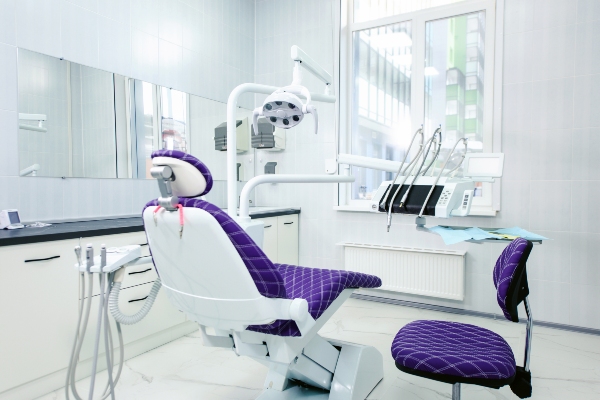 One of the most common reasons for tooth loss is gum disease. Read on to learn more about options for replacing missing teeth resulting from gum disease. Although it may be devastating if left untreated, gum disease is treatable early and should never be overlooked.
One of the most common reasons for tooth loss is gum disease. Read on to learn more about options for replacing missing teeth resulting from gum disease. Although it may be devastating if left untreated, gum disease is treatable early and should never be overlooked.
Options for replacing missing teeth after gum disease
Gingivitis is the early stage of gum disease, and it is characterized by swollen gums that bleed while eating or cleaning the teeth. Gingivitis, if left untreated, may progress to periodontitis, a far more serious type of gum disease. Advanced gum disease requires professional treatment because it breaks down the gum and bone tissues supporting the tooth, resulting in permanent bone and tooth loss.
Despite the fact that tooth loss is generally avoidable, it is nevertheless a major oral health issue. Fortunately, with the advancement of dental procedures and technology, people missing teeth today have more choices than ever to help them attain a beautiful, functional smile.
There are many options for replacing missing teeth. While the dentist will typically not recommend any tooth replacement for individuals who have untreated gum disease, the treatment is possible after the condition has been effectively managed. Some of the available options include:
Dental implant restoration
Dental implants are biocompatible titanium posts placed into the jawbone to replace the lost tooth roots and support a restorative crown, bridge, or dentures. They are one of the best options for restoring missing teeth caused by an accident, gum disease, or other oral health issues.
For successful dental implant placement, excellent gingival health and bone support are required. Due to the frequent occurrence of receding gums and bone loss in individuals with gum disease, not everyone is a suitable candidate for dental implants. Bone graft surgery is an alternative for those who have lost a lot of bone and want dental implants. It improves their bone support and allows them to obtain dental implants.
Dental bridges
A fixed bridge can be used as an alternative to implant-supported restorations, especially when only one or two teeth are missing next to each other. These prostheses are made up of two crowns usually cemented into adjacent teeth on each side of the gap, commonly known as abutment teeth. The prosthetic teeth are connected to these abutment crowns for support. The dentist will use dental cement to hold the dental bridge permanently.
Partial or full dentures
This dental prosthesis is intended to replace one or more lost teeth in the same arch that may or may not be next to one another. The partial denture comprises an acrylic foundation with a chrome metal framework that connects to the supporting teeth via metal clasps.
Complete dentures sit on top of the gums and are held by natural suction or an adhesive. Dentures are made out of a gum-colored acrylic foundation with denture teeth affixed. This is perhaps the most feasible option for individuals who have lost most or all their teeth.
The bottom line
Contact our dental office to discuss your options for replacing missing teeth.
Request an appointment or call Lalangas Family Dentistry at 972-534-6008 for an appointment in our Dallas office.
Related Posts
Dental bridges are one of the most preferred options for replacing missing teeth. As the name suggests, dental bridges bridge the gaps left by one or more lost teeth. This is a guide to your dental bridge options, types, and benefits.A dental bridge is a prosthetic bridge that replaces one or more missing teeth. It…
Participating in sports is a fun and healthy hobby, but it can lead patients to search for options for replacing missing teeth. Unfortunately, losing teeth due to a sports injury is common, especially in contact sports. Fortunately, there are solutions for restoring your smile.A single tooth replacement (crown), fixed partial or complete denture, or maxillofacial…
The bridge is a dental repair that is cemented in place and is used to replace missing teeth. It is done by attaching an artificial tooth definitively to an adjacent tooth, be it natural or artificial. In most cases, crowns are artificial teeth paired with bridges. They are usually made from porcelain or blended resin.…


